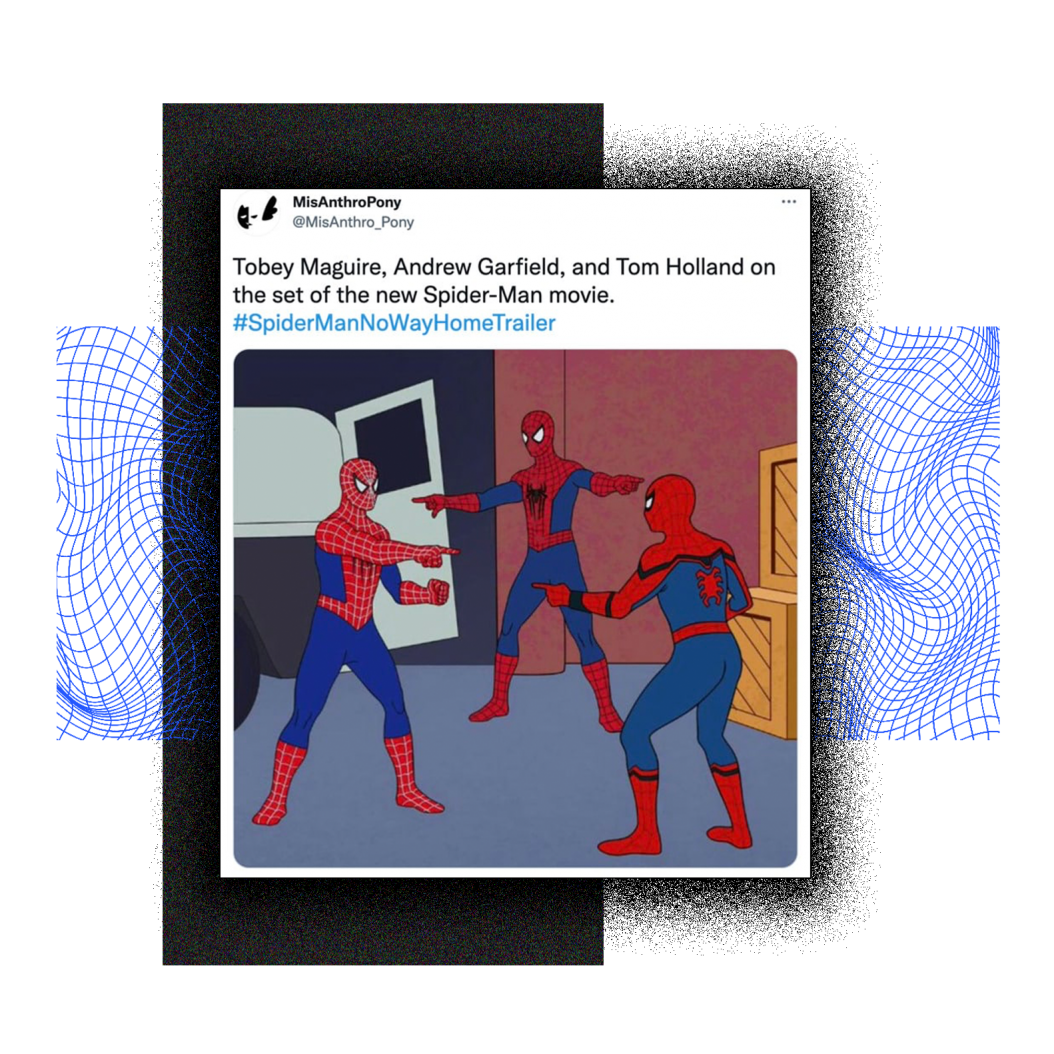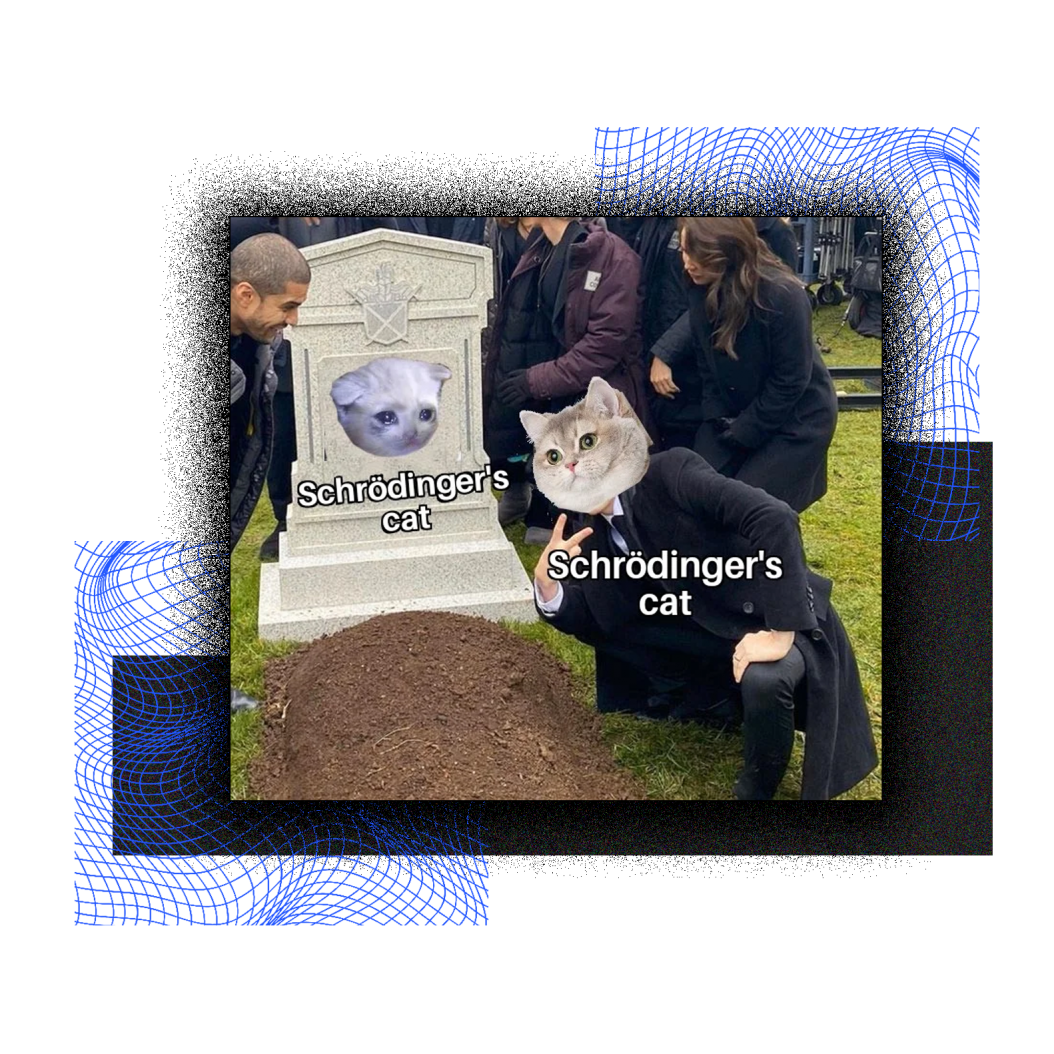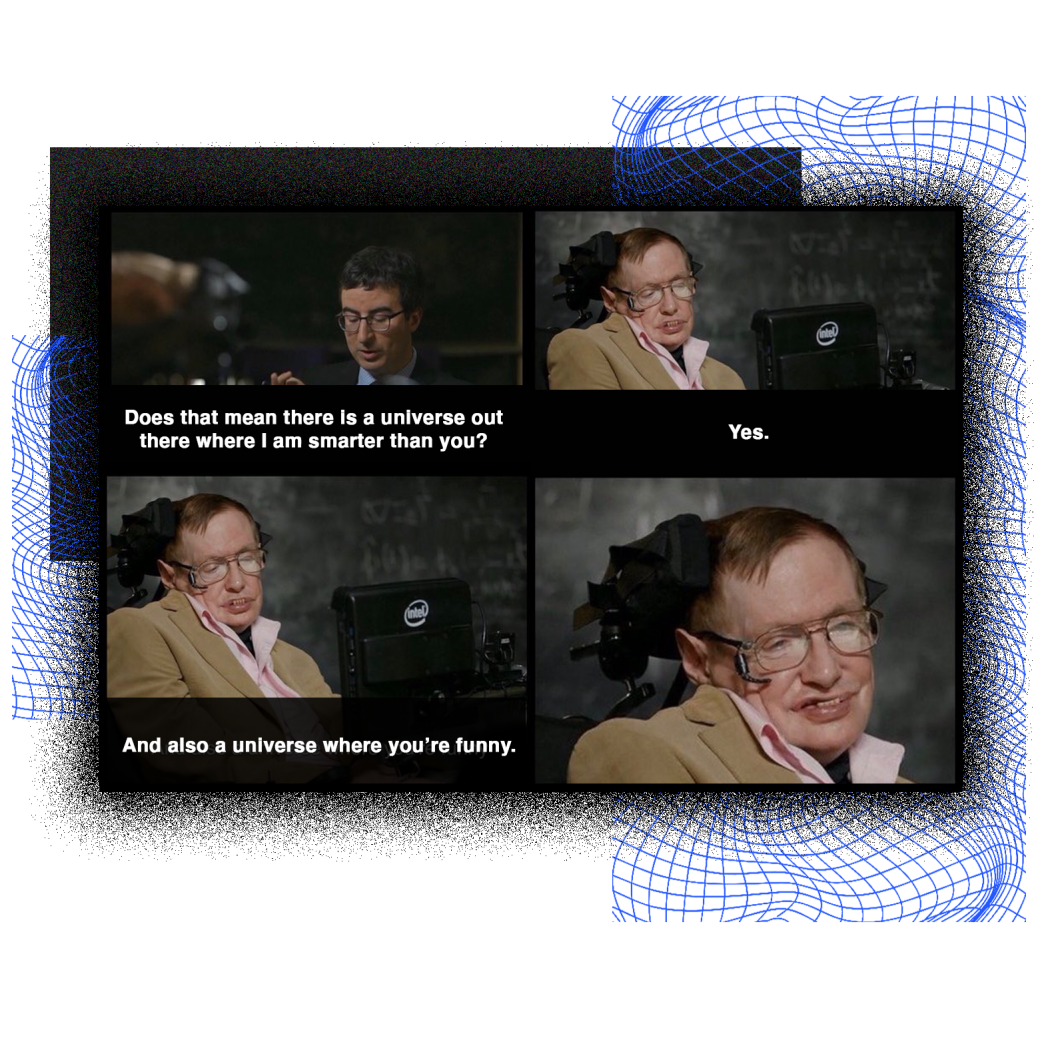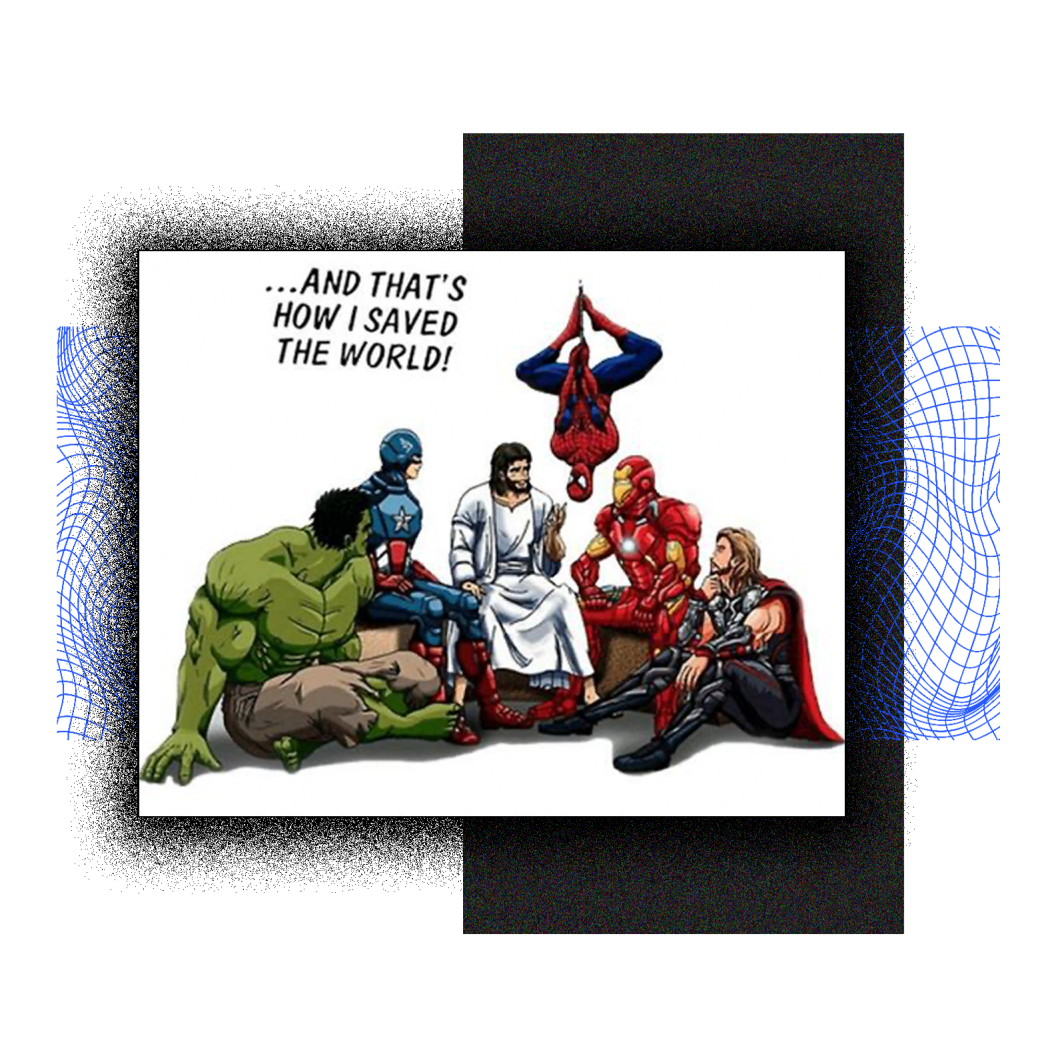Friendly neighbourhood warning: Minor spoilers for Spider-Man: No Way Home ahead!
Once upon a time, finding out that your favourite movie superheroes existed in the same “universe” was the coolest thing ever.
You mean Robert Downey Jr’s Iron Man exists in the same universe as Chris Hemsworth’s Thor and Chris Evan’s Captain America?
And you’re telling me that they eventually team up in an Avengers movie?! Awesome!
Well, that was 10 years ago (time flies). Since then, we’ve had three more Avengers movies that occur in a universe.
DC Comics took a shot at the concept with Justice League in 2017, as did Universal Pictures which tried (and failed) to create a “Dark Universe” featuring the Mummy, Dracula, Frankenstein and more.
Nowadays, a single universe (uni means “one” after all) that ties in different characters from different movies together is now news.
So where do we go from here? The multiverse, of course!

Unless you’ve managed to avoid all the Spider-Man: No Way Home trailers and news, you know that Tom Holland’s Spider-Man will be facing off against the villains from Tobey Maguire and Andrew Garfield’s Spider-Man movies.
Tobey Maguire and Andrew Garfield, Spider-Men from previous movies, will be making appearances as well.
So No Way Home will make for a clear introduction to the Multiverse. After all, Marvel has been preparing our brains to digest the concept of the Multiverse for quite some time now.
From Spider-Man: Into the Spider-Verse, to Loki, to What If? (Dr. Strange in the Multiverse of Madness is also coming next year) the concept of our reality consisting of multiple universes has finally entered pop culture.
So, could it be possible that our universe is just one of many? And does the possible existence of a multiverse collide with the Christian worldview? Let’s find out!
THE ORIGINS OF THE MULTIVERSE THEORY
Part 1: The Cat
While Marvel is responsible for the recent popularisation of the concept, the idea of a multiverse has been around for a while now.
Even before the time of Jesus, ancient Greek philosophers posited that atoms colliding in an infinite void gave rise to an endless number of parallel worlds.
At around 100 A.D., Buddhist philosophers believed that our world was one of many parallel worlds, all of which underwent an infinite cycle of creation and destruction.
But culture’s recent fascination with the multiverse can be traced to scientists and philosophers in the 20th century who used the concept to solve two problems.
The “fine-tuning” of our universe — and the problem of an Austrian cat.

A cat?! Yes, Schrodinger’s cat.
A thought experiment by a friend of Albert Einstein to demonstrate how crazy it is that, in quantum physics, some very small things can exist in multiple states at a single point in time.
Confused? It’s actually the central theme of Ant Man and the Wasp (yes, another Marvel movie), believe it or not!
Well, multiverse theory helps to resolve the dilemma of our cat by suggesting that for these quantum systems to exist in multiple states at the same time, they do so because they are in fact existing in parallel universes.
Even more confused now? Me too. And I’m already over simplifying things!
What I’m trying to say is that there are real problems in physics (especially the quantum kind) that give rise to the multiverse as a possible explanation.
It’s not some fanciful theory concocted by atheists to do away with the need for a First Cause (God).
But then again, it also is.
Part 2: Explaining away the Watchmaker
Enter the most famous physicist since Albert Einstein: Stephen Hawking. Yup, the guy that the movie The Theory of Everything was based on.
An atheist till the day he died, Hawking saw the multiverse as a way to explain the problem of the fine-tuning of our universe.
This article explains it better than I ever could:
“Fine-tuning refers to the surprising precision of nature’s physical constants and the early conditions of the universe. To explain how a habitable planet like Earth could even exist, these fundamental constants have to be set to just the right values (like tuning a dial to find just the right radio station). If the universe had physical constants with even slightly different values, the universe simply could not support life: it would expand too quickly, or never form carbon atoms, or never make complex molecules like DNA.”

Imagine looking at an exquisitely crafted Swiss watch and saying that if you took a jar with all the watch’s basic parts and shook it long enough (billions of years), you would eventually end up with that very Swiss watch.
The odds of that happening are infinitesimally small.
And what does Stephen Hawking propose to even the odds? The multiverse.
If multiple or even an infinite number of universes exist, then there is a better chance that one of them would have the conditions to harbour intelligent life as we know it.
There’s no longer any need for a “divine watchmaker”.
Another feature of Hawking’s multiverse theory is that it strips away the need for our universe (or others) to have a beginning in time.
Hawking’s multiverse theory now also does away with the First Cause argument. If there’s no beginning, there’s no need for something, or Someone, who we can trace everything back to.
With one fell swoop, Hawking’s multiverse theory aimed to do away with what he considered to be the two strongest arguments for the existence of God.
OUR RESPONSE TO THE MULTIVERSE
With the emergence of multiverse theory both in pop culture and scientific circles, how should Bible-believing Christians respond?
What do we tell our friends who might bring up the implications of a possible multiverse in our conversations?
First, we should acknowledge that there are legitimate problems present in quantum physics that the multiverse is trying to solve.
Many great ideas in physics started out as inductive theoretical frameworks that were eventually fleshed out, as our ability to observe natural phenomena increased.
Stuff like Newton’s law of universal gravitation and Einstein’s theory of special and general relativity are good examples of this.
There is no need for us to get defensive. Not every proponent of multiverse theory is out to prove that God doesn’t exist.
However, it’s still important to note that multiverse theory is more like string theory in that it not only lacks any experimental evidence, there doesn’t seem to be any chance of us eventually gathering evidence to support it.
Both are non-falsifiable theories.
Second, let’s take a moment to appreciate the wonderful craftsmanship of God.
If just one of the following parameters were slightly changed, our existence as we know it wouldn’t be possible.
The parameters are:
- The strength of gravity
- The formation of carbon
- The stability of DNA
In response to the fine-tuning of our universe, astronomer Fred Hoyle wrote, “A common sense interpretation of the facts suggests that a super-intellect has monkeyed with physics, as well as with chemistry and biology.”.
Indeed, the Apostle Paul writes in Romans that when all men look at the universe, the evidence is too compelling to deny God’s existence:
“They know the truth about God because he has made it obvious to them. For ever since the world was created, people have seen the earth and sky. Through everything God made, they can clearly see his invisible qualities—his eternal power and divine nature. So they have no excuse for not knowing God.” (Romans 1:19-20, NLT)
Because God has also chosen to reveal Himself through nature, shouldn’t we Christians be the most curious and inquisitive people around?
The trope of Christians being anti-science needs to be buried.
TAKING IT ALL IN
Finally, it’s important for us to remember that, as amazing as God’s creation of the universe is, it’s still not the most amazing thing that God did.
The most amazing thing? He sent His Son to Earth to die for our sins, conquered the grave, and was resurrected on the third day.

Our God is not just a watchmaker who created the universe, wound it up and left it to run on its own.
He is also the constant gardener who lovingly tends to His creation and cares for its inhabitants. Hebrews 1:2-4 has this to say:
“… but in these last days he has spoken to us by his Son, whom he appointed heir of all things, and through whom also he made the universe. The Son is the radiance of God’s glory and the exact representation of his being, sustaining all things by his powerful word. After he had provided purification for sins, he sat down at the right hand of the Majesty in heaven” (emphasis mine).
Jesus is the Word of God made flesh. All things were made through Him (John 1:1-4).
And all things are sustained by Him — many Bible scholars believe it’s not a coincidence that Mary Magdalene mistook the resurrected Christ for a gardener (John 20:15)!
I believe that even if the multiverse is real, that Hebrews 1 and John 1 still hold true.
There is no reason to doubt that “all things” would still encompass multiple universes, because even if there were multiple universes, they all had to come from somewhere or Someone.
And get this: the same Person who intricately created the universe or the multiverse also intricately created each one of us.
“For you created my inmost being;
you knit me together in my mother’s womb.
I praise you because I am fearfully and wonderfully made;
your works are wonderful,
I know that full well.” (Psalm 139:13-14)
It’s easy for discussions about the nature of reality and the possibility of the multiverse to become a purely intellectual exercise with lots of hypotheticals.
Maybe a better place to start (and end) would be for us to adopt a posture of awe and worship. I think, above all, that’s what the world needs to see.
- Do you think it’s possible that our universe is just one of many?
- What are the implications to your faith either way?
- If a friend brought up the topic of the multiverse, how would you respond?









